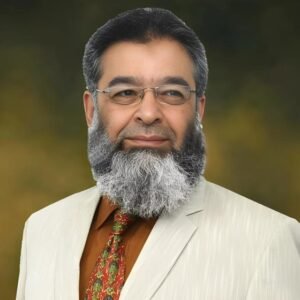
Pakistan-Saudi Arabia relations have stood as a pillar of Muslim unity since 1947. That year, the Kingdom of Saudi Arabia became one of the first nations to embrace Pakistan’s independence. Rooted in faith and fortified by trust, this enduring partnership has evolved through shared sacrifices, strategic cooperation, and unwavering solidarity.
When Pakistan’s crescent and star flag rose in 1947, Saudi Arabia immediately welcomed the new state. Since then, both countries—bound by faith, geography, and destiny—have built a relationship that went far beyond diplomacy. It was fraternal, rooted in Islam and nurtured by trust. From Quaid-e-Azam Muhammad Ali Jinnah to Prime Minister Shehbaz Sharif, the ties have endured storms and celebrated triumphs. Consequently, they remain a beacon of Muslim solidarity.
In the history of Pakistan-Saudi Arabia relations, King Faisal bin Abdulaziz al Saud holds a special place. Under his patronage, and alongside Prime Minister Zulfiqar Ali Bhutto, Pakistan hosted the second Islamic Summit Conference in Lahore from 22 to 24 February 1974. During this historic gathering, leaders from across the Muslim world united in purpose. Notably, King Faisal’s address urged Muslims to rise above division and reclaim dignity through collective strength. His vision became a cornerstone of bilateral friendship. Today, his legacy lives on in Islamabad through the Shah Faisal Mosque. This iconic gift from Saudi Arabia remains one of the largest mosques in the world—a lasting symbol of faith and fraternity.
Moreover, trust between the two nations deepened in November 1979 when extremists seized the Grand Mosque in Makkah. In response, Riyadh requested Pakistan’s assistance. Pakistan promptly dispatched commandos to support Saudi forces. Together, they carried out a delicate and dangerous operation to liberate Islam’s holiest site. Pakistani soldiers demonstrated exceptional courage, which further strengthened Saudi confidence. As a result, Pakistan proved itself a guardian of both its borders and the spiritual heart of the Muslim world.
During General Muhammad Zia-ul-Haq’s era, the partnership expanded significantly. In 1982, both nations signed a protocol agreement that established the Saudi-Pakistan Armed Forces Organization. Through this framework, Pakistan deployed thousands of troops to Saudi Arabia. At its peak, over 20,000 personnel served in sensitive regions like Tabuk and the Eastern Province. They provided training, performed operational duties, and reassured Saudi Arabia against external threats.
Economically, Saudi Arabia remained a reliable benefactor. Throughout the 1970s and beyond, Riyadh extended generous support to Pakistan. It frequently deferred payments and offered oil on favorable terms. During financial emergencies in the 1990s and 2010s, Saudi loans and concessions helped Pakistan avoid collapse. After the devastating 2005 earthquake, Saudi aid funded shelters and rehabilitation projects. When floods struck in 2010 and subsequent years, Saudi relief agencies responded swiftly. They sent medicines, tents, food supplies, and financial assistance. Therefore, Saudi Arabia consistently stood by Pakistan in times of need.
In addition to political and economic support, the bond was deeply personal. Following the events of 12 October 1999, Prime Minister Nawaz Sharif and his family faced exile. In a gesture of brotherhood, Saudi Arabia offered sanctuary. The Sharif family lived at Saroor Palace in Jeddah, hosted with royal courtesy. This act went beyond diplomacy. It was family extending refuge to family.
Furthermore, Saudi Arabia invested heavily in Pakistan’s development. The Saudi capital supported refineries, petrochemical ventures, and infrastructure projects. The Pak-Saudi Oil Refinery, agreements in Gwadar, and energy sector investments reflect a relationship that is not only sentimental but also strategic. Consequently, economic cooperation has remained a vital pillar of bilateral ties.
On the security front, ties reached a new level in 2015. Pakistan’s former Army Chief, General Raheel Sharif, was appointed Commander-in-Chief of the Islamic Military Counter Terrorism Coalition. Based in Riyadh, the coalition includes over forty Muslim nations. It recognized Pakistan’s military professionalism and leadership in countering extremism. Thus, Pakistan’s role in regional security gained further prominence.
In recent years, the friendship has grown even stronger. In June 2024 and again in early 2025, Prime Minister Shehbaz Sharif and Army Chief Field Marshal General Asim Munir worked closely with Crown Prince Mohammed bin Salman. Together, they forged new agreements aimed at enhancing strategic cooperation. On 17 September 2025, both countries signed the Strategic Mutual Defence Agreement in Riyadh. This pact formalized a long-standing security partnership. Importantly, it included a key clause: “any aggression against either country shall be considered an aggression against both.” The agreement continues the pledge first made in Zia’s time to protect Haramain Sharifain. However, it now expands to support broader regional stability.
Ultimately, Pakistan-Saudi Arabia relations have endured for over seventy-five years. They are marked by shared prayers in Makkah and Madinah, joint stands in global forums, and unwavering support during crises. This relationship is sanctified by faith, fortified by trust, and dignified by sacrifice. From King Faisal’s presence in Lahore to Prince Mohammed bin Salman’s modern vision, from the Shah Faisal Mosque to the 2025 security pact, both nations have walked together through history.
As Pakistan faces economic and security challenges, and as Saudi Arabia pursues Vision 2030, their destinies remain intertwined. In the corridors of Islamabad and Riyadh, one conviction endures: Pakistan and Saudi Arabia are not just allies. They are brothers—bound by Islam, standing shoulder to shoulder today as they did in 1947, and as they will in the future chapters of Muslim unity.


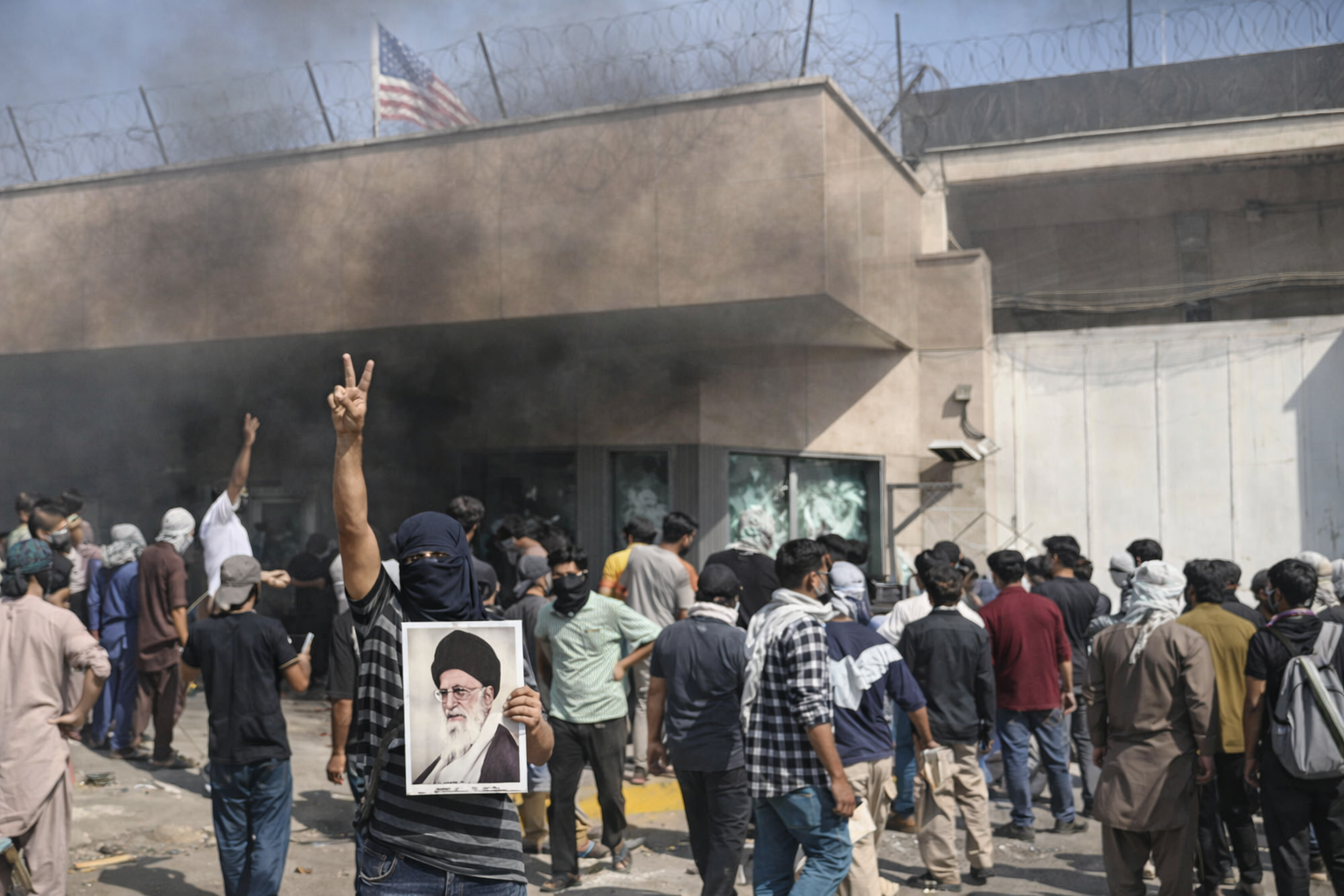
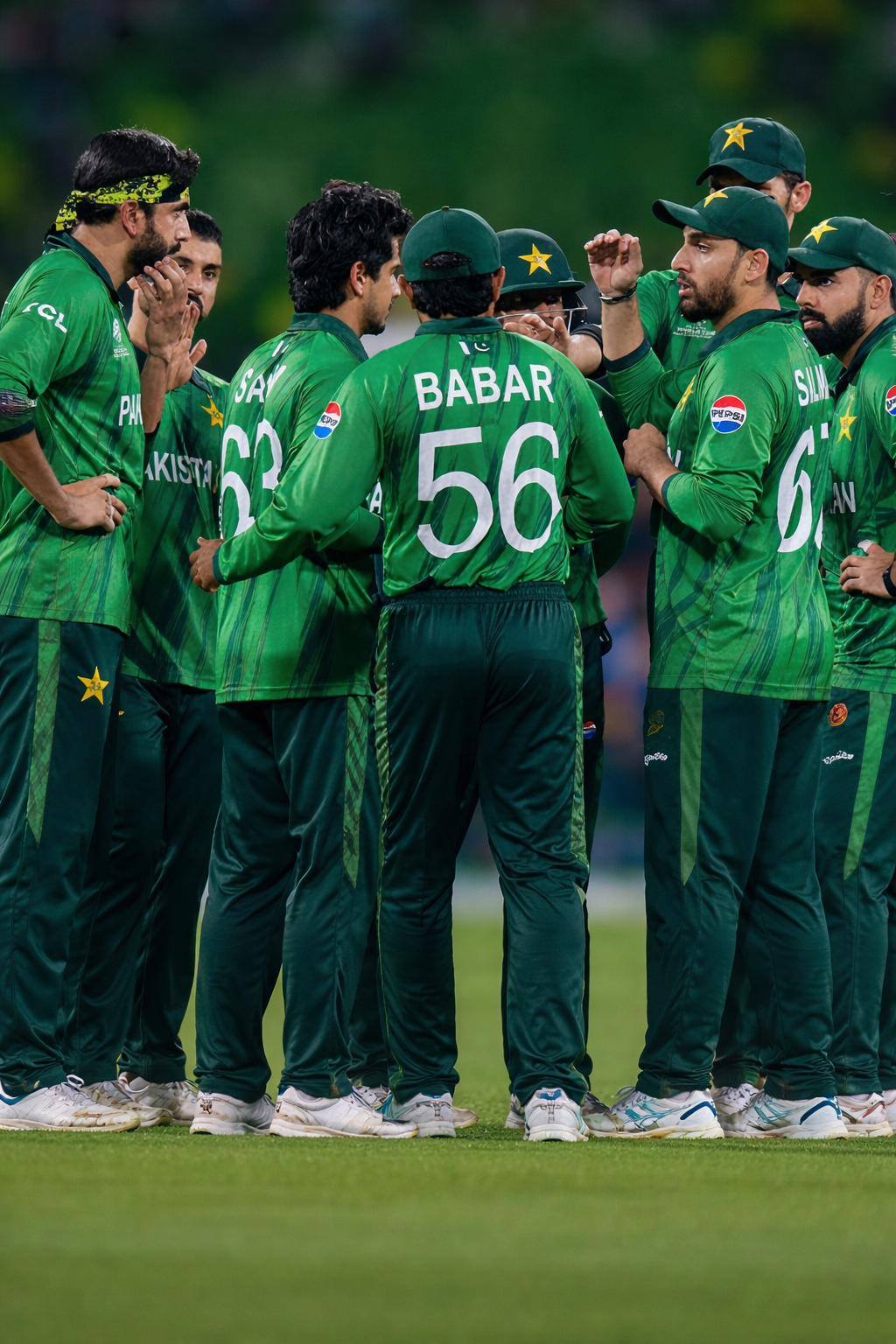


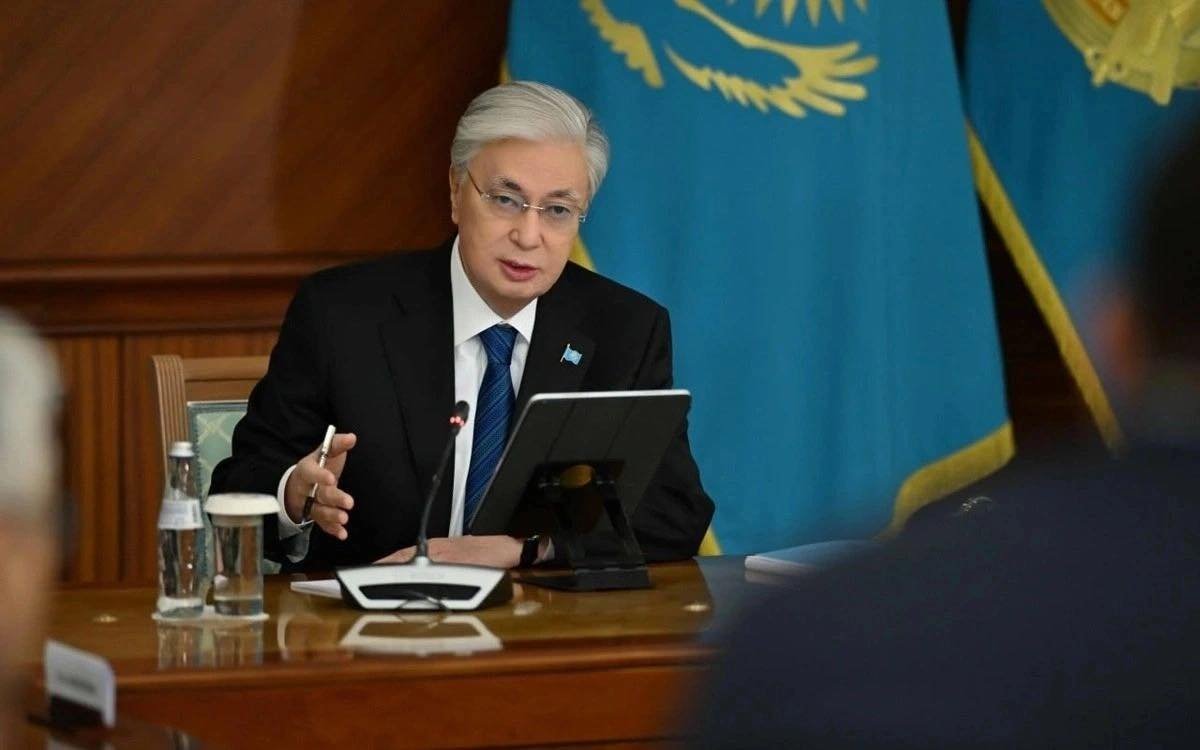
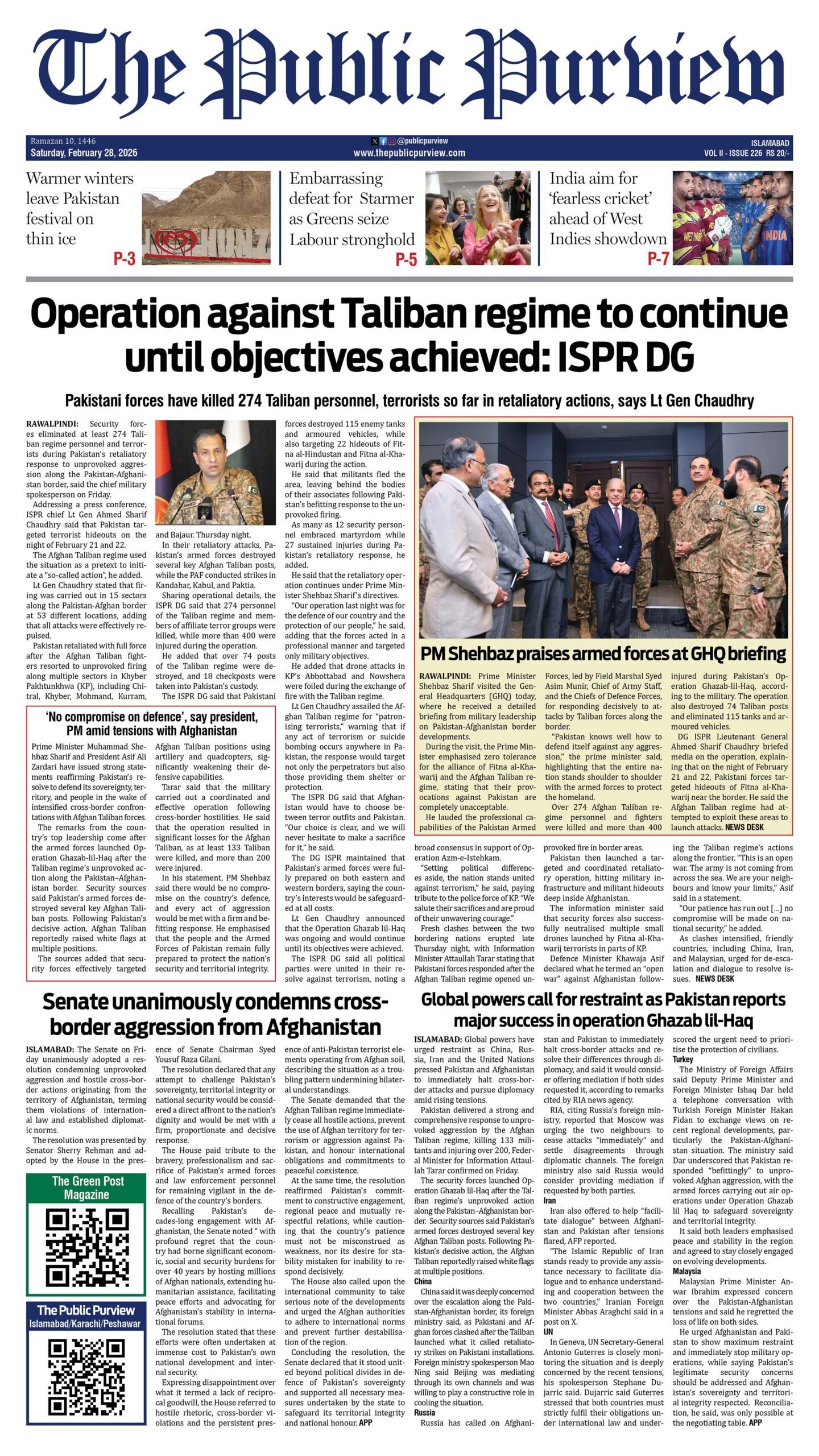 Today's E-Paper
Today's E-Paper